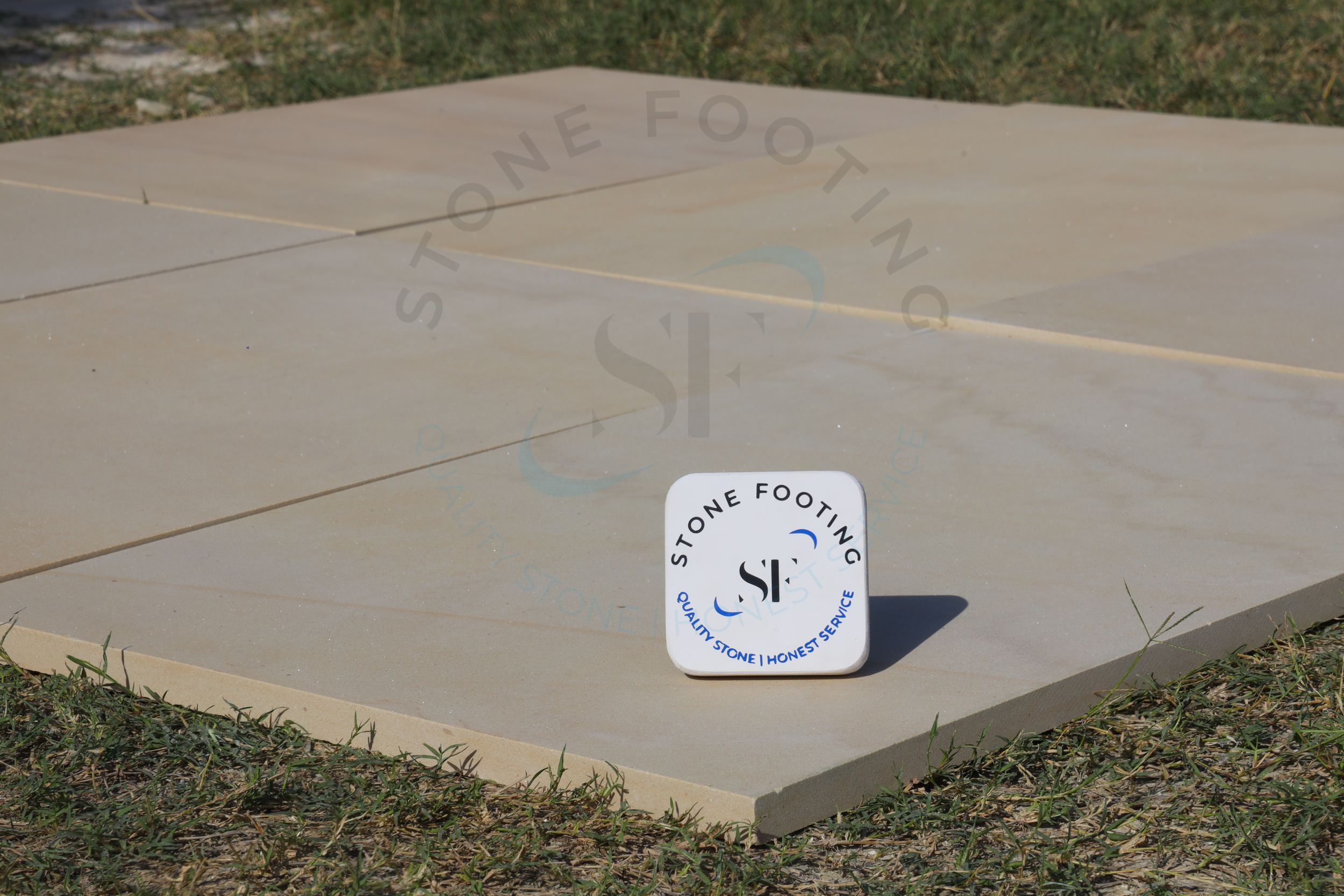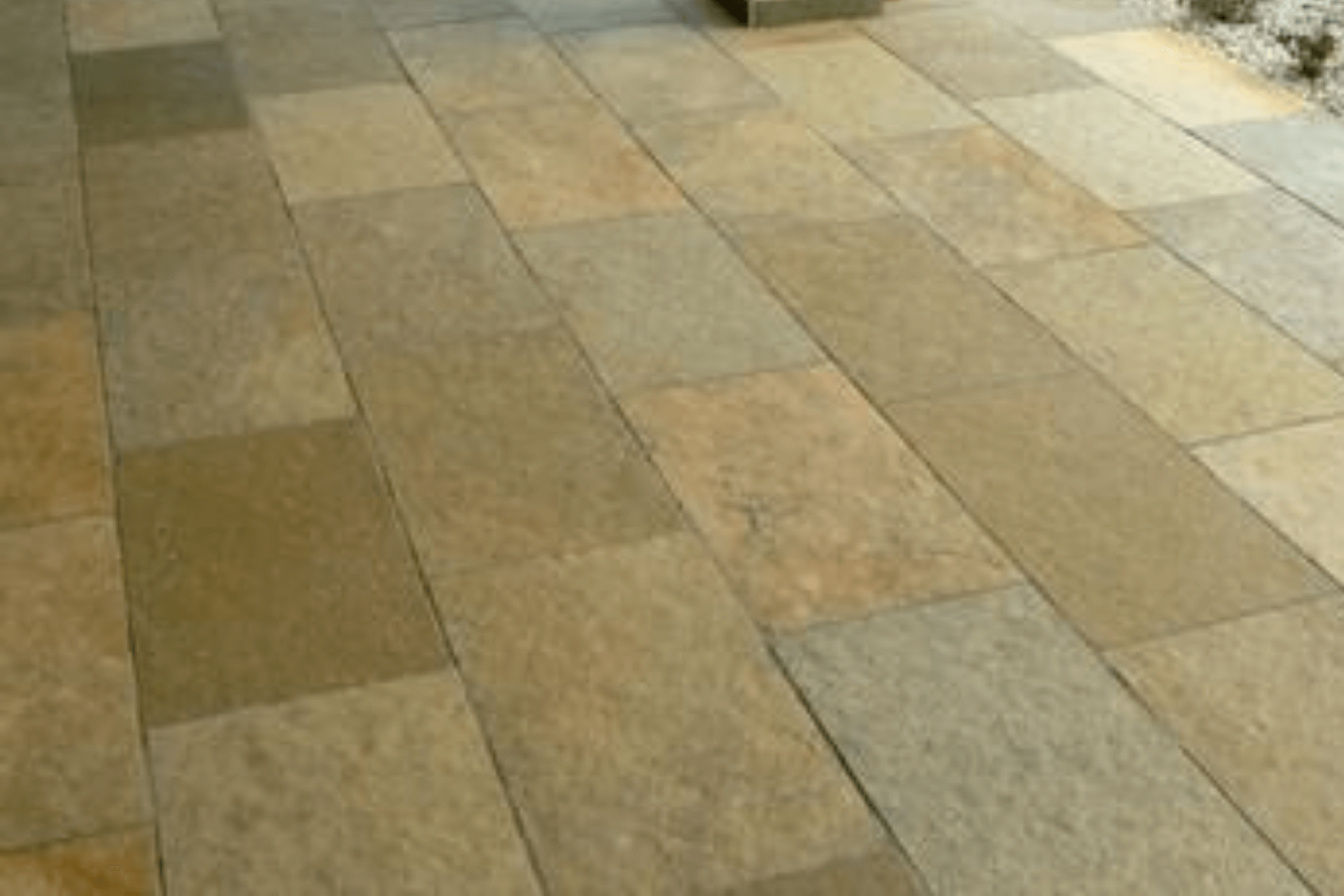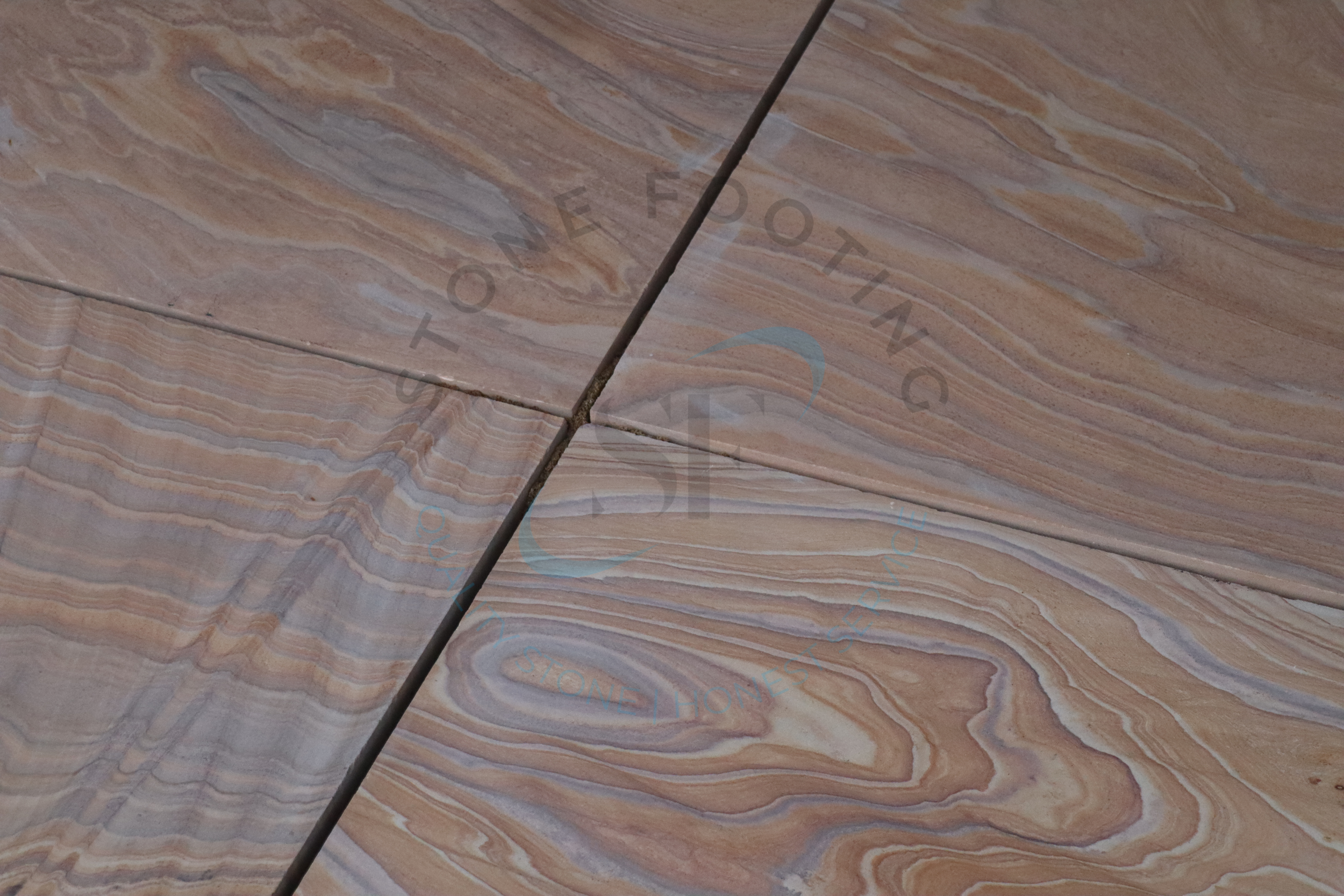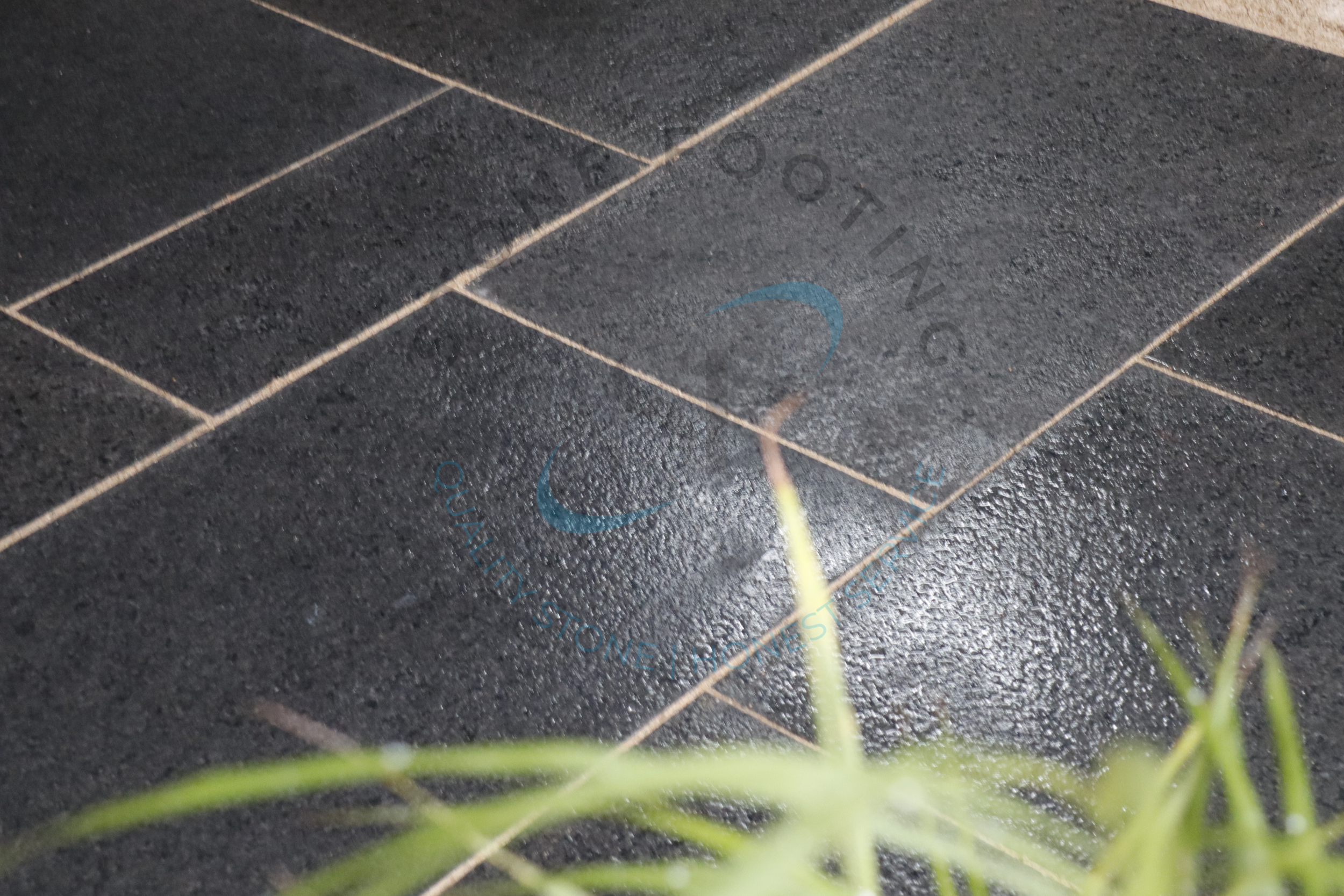How To Choose An Accurate Backsplash For Granite Countertops?
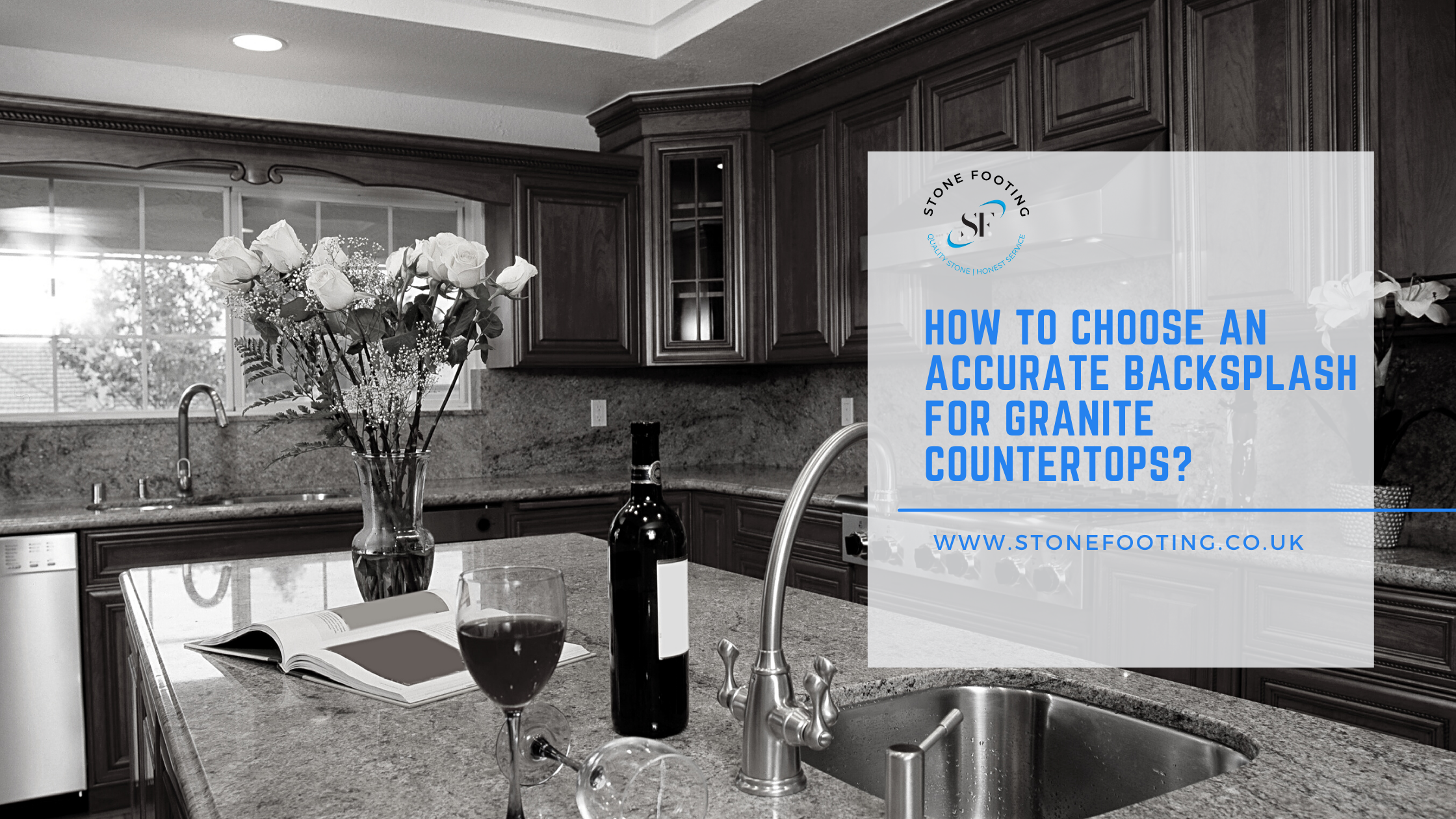
An individual always has a lot on a plate when it comes to arranging the kitchen design. One must choose not just the flooring and hardware but also the worktops and backsplash.
Although the procedure is enjoyable, it is not without hardship.
Did you make the right decision in the quartz vs. granite discussion? Will your granite countertops look well with your flooring materials? What effect will the backsplash tile have on the kitchen’s hardware? And whatnot!!
Well, If you’ve been thinking about these things, we’re here to cross one of them off your list. Continue reading to learn how to mix granite countertops with the ideal backsplash.
How to Coordinate Granite Countertops and Backsplash?
Basics
Granite backsplashes are frequently carved from the same slab as the kitchen peninsula, matching precisely. Even though the countertop has a curved border, the granite backsplash is usually 1.25 inches thick (3cm) and has a fair margin at the top. The backsplash is adhered to the wall using sticky silicone, and any gaps are closed with caulk.
Also, Granite is easy to clean since it is stable at high temperatures and stain immune, so dropped liquids and spewing frying pan oil will readily wipe off, unlike tile backsplashes where trash gets lodged in the tile floors. Hence, Granite is an excellent choice for a gorgeous and easy-to-clean backsplash.
Moreover, finding the ideal backsplash complement for your granite countertops may appear complicated, particularly with the variety of alternatives available and the vibrant textures that Granite is known for.
Here’s a straightforward method for selecting the ideal backsplash for your kitchen design.
- First and foremost, choose your granite countertops. Selecting a suitable granite countertop will make it much easier to choose the correct backsplash for your kitchen.
- Once you’ve decided on the color, design, shade, and texture of your granite kitchen worktops, you may look for a matching pattern and color of backsplash tile.
- Next, you must determine how much backsplash you will require for your kitchen. Do you want to cover the Space between counters and cabinets, or do you want to cover all of your kitchen walls?
Matching Backsplashes With Countertops
Based on Budgeting
Are you on a tight budget, or are you prepared to go to any length to acquire what you want? You may narrow down your alternatives by selecting how much money you’re willing to spend on your backsplash upfront.
Plus, Colored or intricately designed tiles will often cost more than plain white tiles. If you have your heart set on a particular hue, examine whether you can substitute tiles made of a less expensive substance.
So, it is evident that Granite Tiles are available in a range of qualities, dimensions, and designs, and looking around to see what works best for your style and finances is the best approach to obtain what you want at a reasonable price.
Based on Space
A large kitchen naturally requires more materials than a small one. Thus size and budget go hand in hand. Take a hard look at the size of your kitchen as you consider your design and budget.
Often, the spaces above your integrated cooktop and sink require the most significant coverage in the kitchen. Thus these are the areas that primarily affect. They are also the locations with the most flexibility in design. Consider a more detailed granite for major regions and a more neutral tile for smaller parts that are less visible.
Based on Granite Color
Colors for countertops and backsplashes should be complementary. Consider utilizing a color wheel to help you analyze your alternatives because it reveals which colors go well together.
For Instance, if your countertop has a lot of momentum, especially with granite counters, try a more muted backsplash to give your eyes a respite.
Or, if your countertop is consistent and bland, feel free to add a dash of color or more complicated tile patterning to the backsplash.
Another option is to extend your countertop all the way to the backsplash. This produces a streamlined, tidy, consistently aesthetic appearance and might be a cost-effective option if you have additional countertop material.
Based on Granite Material
Your backsplash’s objective is to protect your walls from spillage, sprays, fungus, and mold. Keep this in mind while selecting materials—they will become soiled. Make sure that any material you choose can be readily cleaned with a moist cloth or sponge.
If you choose larger-sized tiles, you might have to use less grouting, which means fewer gaps and much less cleaning. It’s also worth noting that some backsplash materials require more upkeep than most others. Natural stone backsplashes will need to be washed and sealed regularly, most likely twice a year.
Based On Matching The Granite Finish
When selecting a backsplash, it’s also worthwhile to consider the surface of your counters. Glass tile is an ideal backsplash option if you have stone counters with a high polished appearance. For honed Granite, one can choose textured or multicolored ceramic tile.
In a nutshell, consider your backsplash to be an augmentation of your worktop. The two should be combined into a single theme. For the most outstanding results, seek the advice of a design specialist. They are familiar with reliable installers and will assist you in avoiding problems in the future.
Therefore, if you’re hunting for high-quality natural stone for residential or commercial applications, look no further. Connect with Stone Footing, a natural stone distributor recognised for providing high-quality natural stones.
Frequently Asked Questions
How frequently should granite be re-sealed?
Many experts advise sealing granite countertops at least once a year. If you cook regularly in your kitchen and utilize the countertops daily, you may need to constantly seal up the granite.
Is granite harmed by water?
In general, if a beverage is spilled on a granite countertop and wiped up within a few minutes, it will not damage. On the other hand, water can seep into a granite countertop and produce a dark-colored area, but this will disappear in minutes. Oils and other non-evaporating liquids will discolor the stone if allowed to seep in.
Is quartz more affordable than granite?
Quartz and granite countertops are marketed equally per square foot, with granite worktops having a more extensive price range. Granite can be more expensive than quartz at times, determined by the availability of a shade and design. Quartz can often be more costly because of the modifications it undergoes throughout the production process.

